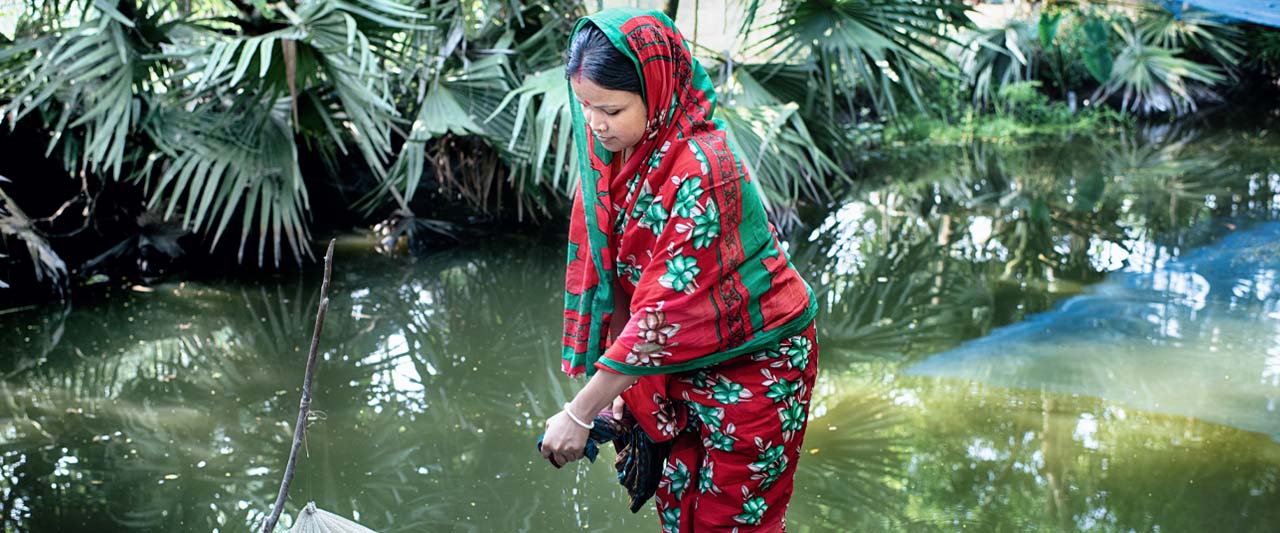As leaders, negotiators, activists and journalists gather for the next two weeks in Glasgow for the United Nations Climate Change Conference (COP26), governments around the world must take action to accelerate global efforts to adapt and build resilience to climate change.
Women and girls disproportionately bear the brunt of suffering from climate-related events, and the climate crisis continues to exacerbate existing gender and social inequality. Current commitments, plans and funding are not enough to adequately address the climate crisis and the effects of climate change on women’s and girls’ lives and well-being.
Climate change policies and programs must be developed through the lens of reproductive justice and must empower women and girls as key players in climate change adaptation and mitigation. Women and young people are not just “victims” of climate change. They should be leaders in solving the crisis. Solutions must be holistic—including approaches that improve education, build women’s economic security, and amplify voices and ideas of women and young people. And it must be emphasized that coercing women and girls into using contraception or abortion is not an “answer” to mitigating climate change as a way of reducing population growth.
As negotiations continue in the upcoming days, governments’ priorities should assume the urgency of the climate crisis. They must increase their commitments for human-rights based and gender-transformative climate action and investments to ensure real change and to avoid a greater climate catastrophe.
In preparation for COP26, the SRHR and Climate Justice Coalition—co-convened by the Women’s Environment & Development Organization (WEDO), Women Deliver and Ipas—joined the Women and Gender Constituency to produce Climate Justice and Sexual and Reproductive Health and Rights. This brief highlights how sexual and reproductive health and rights must be considered as a key component of climate adaptation and resilience action and of climate justice.
As we head toward the UN Commission on the Status of Women meeting (CSW 66) in March of next year, it’s imperative that we work toward climate adaptation that centers the voices of those most affected by climate change, and support communities and health systems to build resiliency.
Ipas, in collaboration with the International Federation of Gynecology and Obstetrics (FIGO) and MSI Reproductive Choices, will host an event at the margins of the Global Conference on Health and Climate Change. The event, Connecting the dots: Climate Change adaptation, reproductive justice and resilient health care, is scheduled for November 11 at 14:00 GMT.


